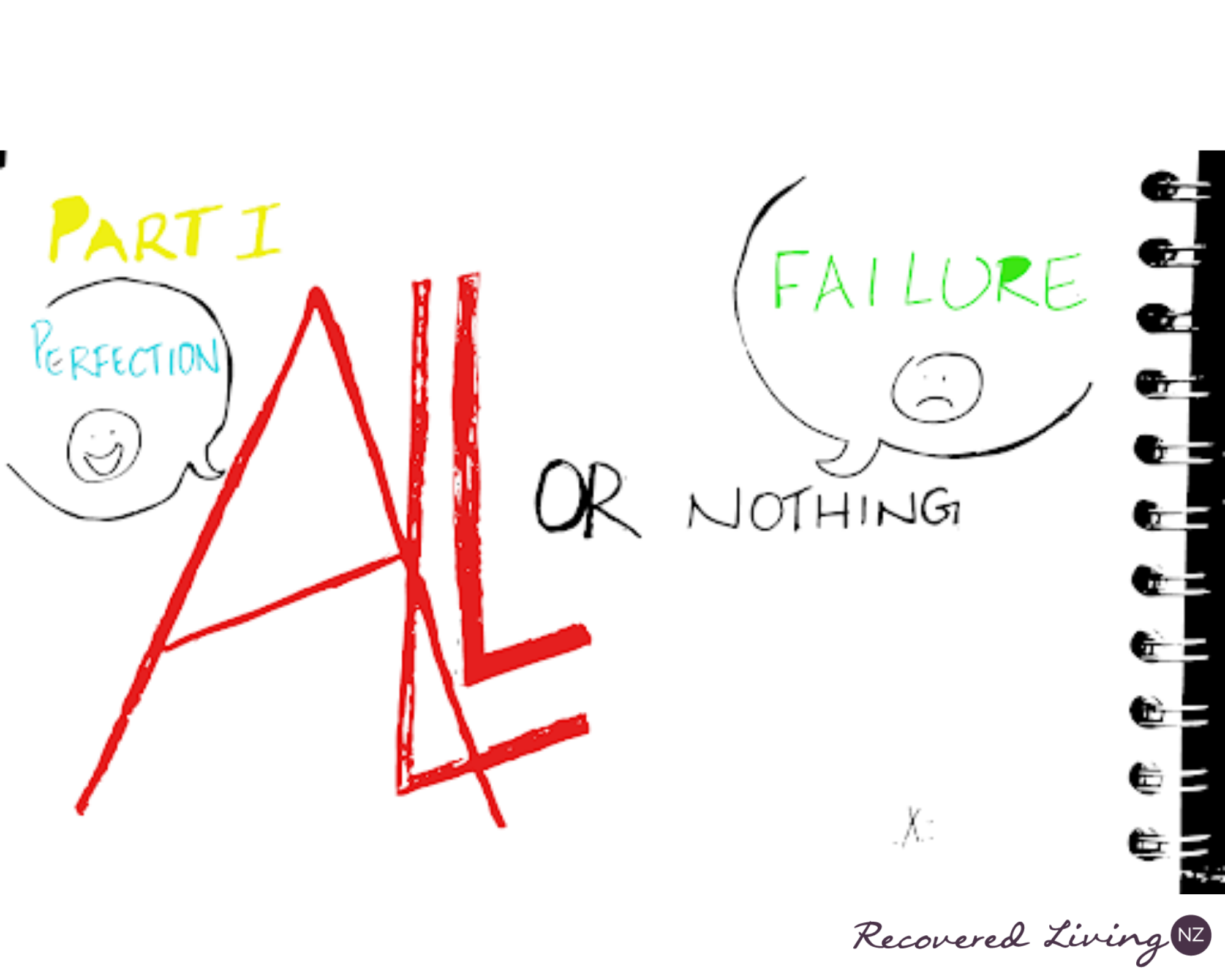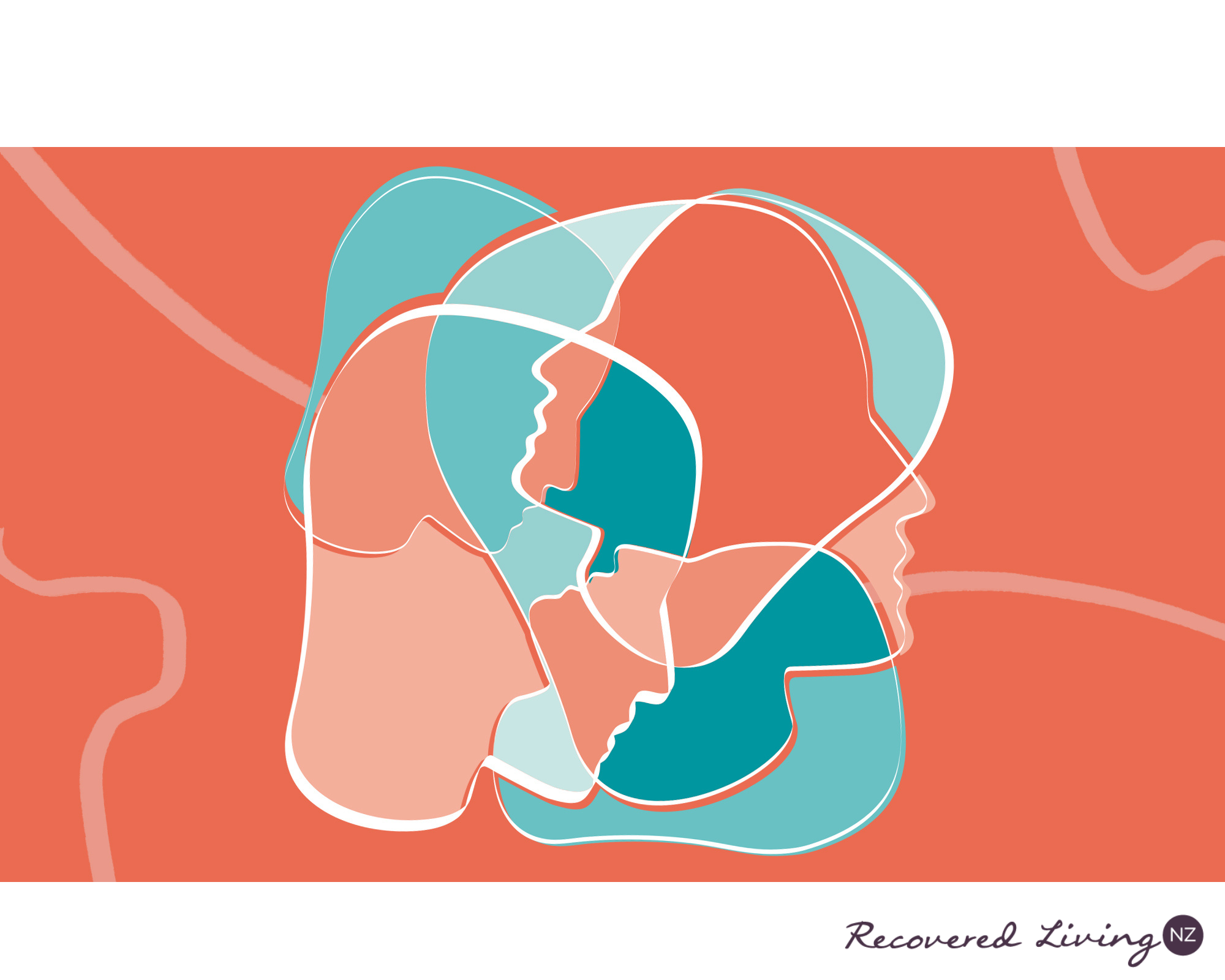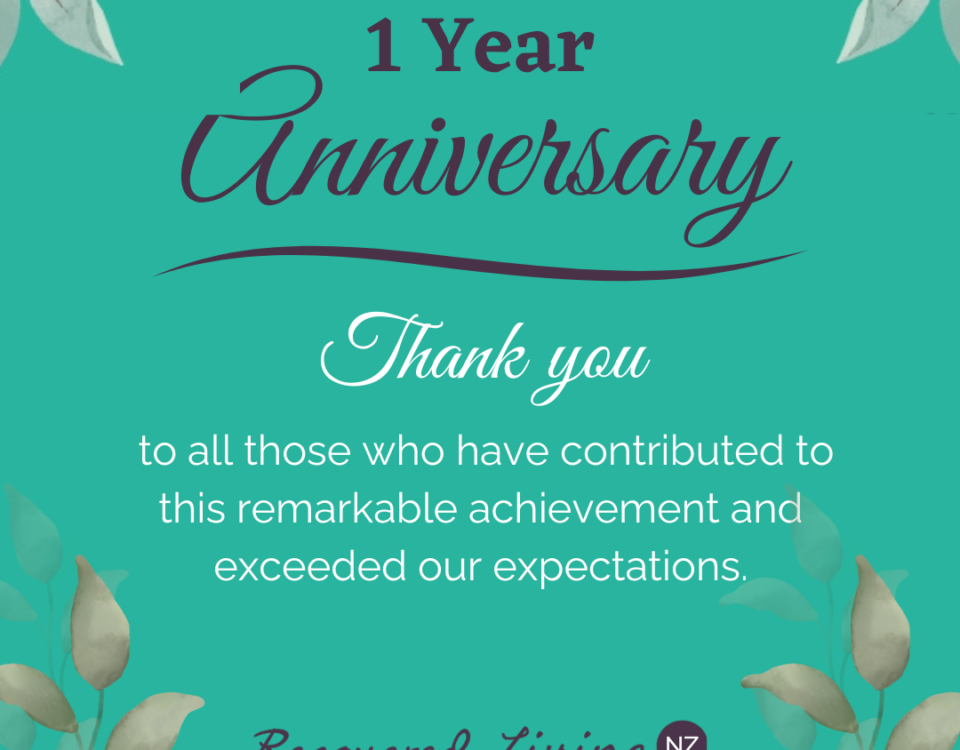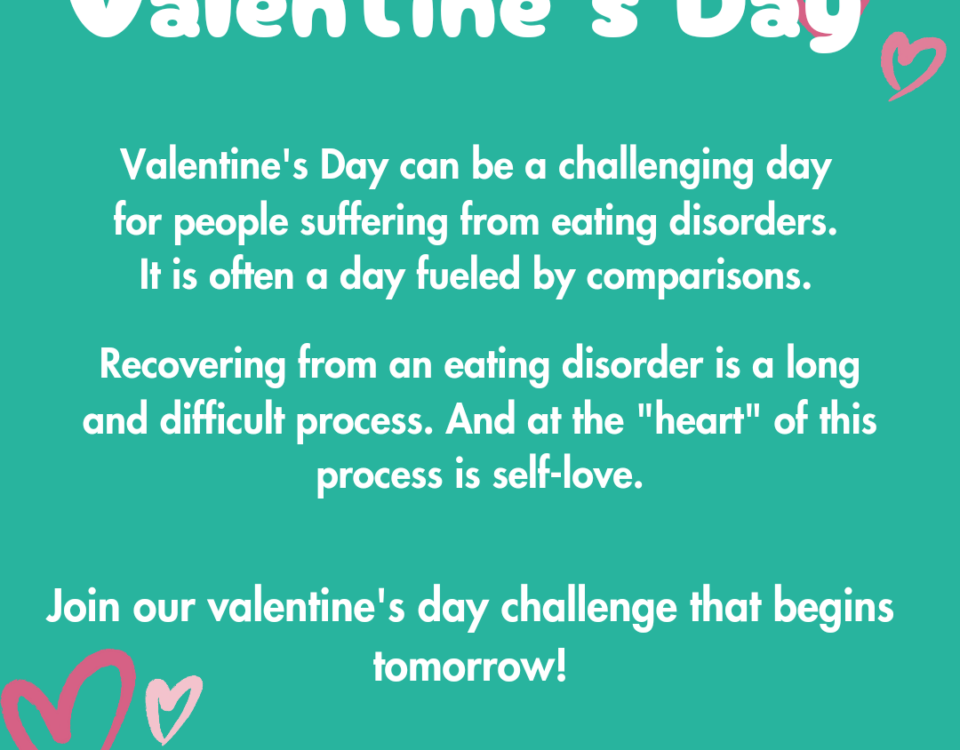Your personal cognitive distortions when living with an eating disorder
In this series of blog posts, we continue to work our way through Carolyn Costin & Gwen Schubert Grabb's book 8 Keys to Recovery From an Eating Disorder Workbook.
In Key Four: Feel Your Feelings, Challenge Your Thoughts, there is an assignment that asks you to identify the ways in which you distort things. When unwell with an eating disorder, our cognition can become clouded and distorted, leading us to experience situations differently. Being aware of this and reflecting on the times where this has happened can help us to challenge these thought patterns and provides insight on where we can make changes.
I sat down with Kristie to ask her about some of her cognitive distortions from when she was unwell, and how things are different now that she has recovered. We discussed 11 common cognitive distortions, which we will share with you over the next few weeks.
"When I was unwell, I had so many cognitive distortions going on in my head it was like being in a crowded room with everybody yelling at me. My eating disorder was especially talented at picking and choosing which distortions to use for maximum impact."
1. All Or Nothing Thinking
If I can't have the perfect body I'd rather die.
Reading that back now, I feel sad that I was in such a mental prison. Undoing this one took a lot of work and it had many layers. A few key things were helpful:
1. Identifying the not-so-great things my ideal body had given me... isolation, loss of job, depression, hopelessness, self consciousness, lack of direction, lack of purpose...my ideal body did not line up with my ideal life.
2. Challenging my perception of my 'ideal body'. I had all sorts of cognitive distortions attached to this one, like 'everyone likes fit people' (overgeneralization) and 'I won't be judged if I have my ideal body' (mind reading). I had to work on breaking these distortions down too. My therapist told me point blank that she knows plenty of 'fit people' she wouldn't want to be friends with and that more people would judge me on my dreadlocks or the colour of my skin than my body.
3. Saying my distortions out loud in therapy. The more work I did on my distortions the more I realized how distorted they were. I was so distorted, I had assumed 'everybody' thought that way but just didn't say it out aloud (generalisation!). It was actually incredibly helpful to have people push back against my distortions because it helped me challenge them in my own mind.
4. Consciously changing my values. By the time I went to treatment my number one value was 'thin at all costs', including dying for it. I was enamored by the recovered staff around me of all body types who were living very full, fun and loving lives - a stark contrast to my own. In time I began to value my relationships with people, I reconnected with music and had reminders of what it was like to dance and enjoy feeling free. I also began to reconnect with animals and nature for enjoyment rather than burning calories. This was a slow process but as the weeks and months went by, I began to have a bigger attachment to my bigger life than a smaller body.
Note: Changing this distortion wasn't as simple as doing the four steps above and it was done. There was a lot of therapy, self reflection, self education and hard work that went on too! There were times I made steps forwards and there were days I was right back to believing my own distortions again. Persistence was key.
How I feel about my body today, is that I love the body I have because it means I get to have the life that I want. I could have a smaller body but I don't want that because it means I would have a smaller life.
Next week, we will continue the discussion on another common cognitive distortion, Over Generalisation.







